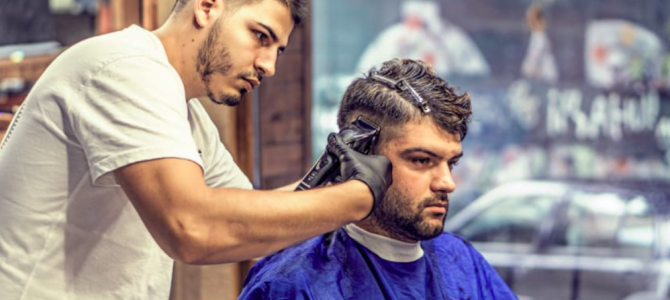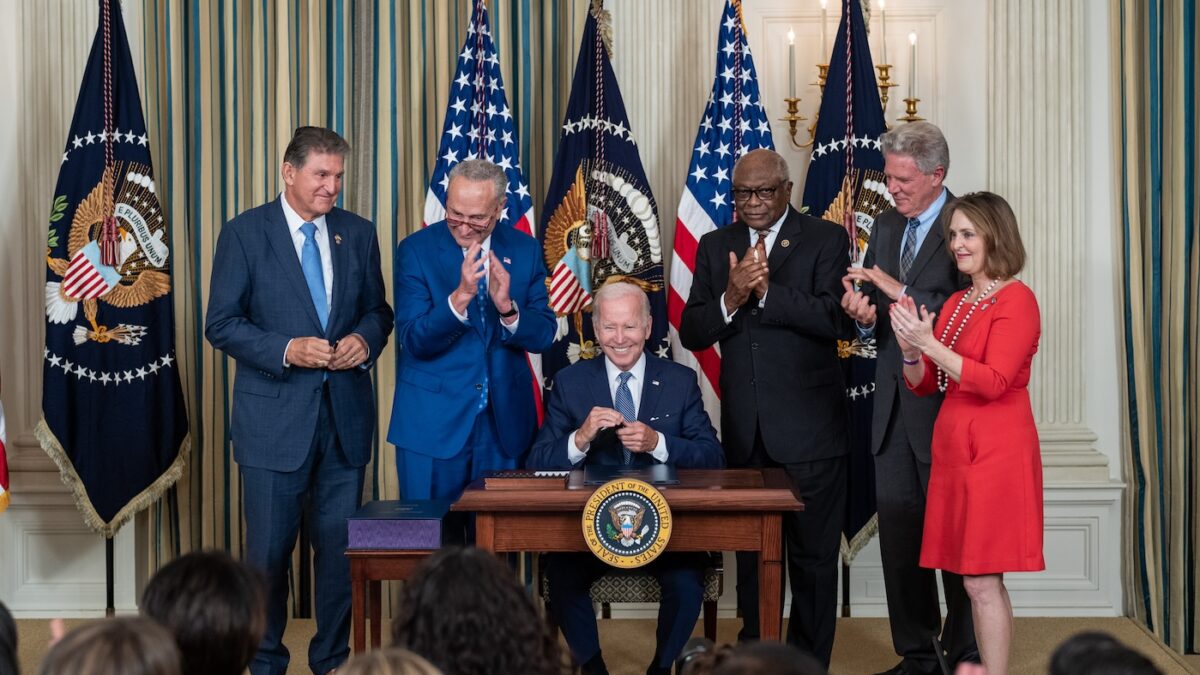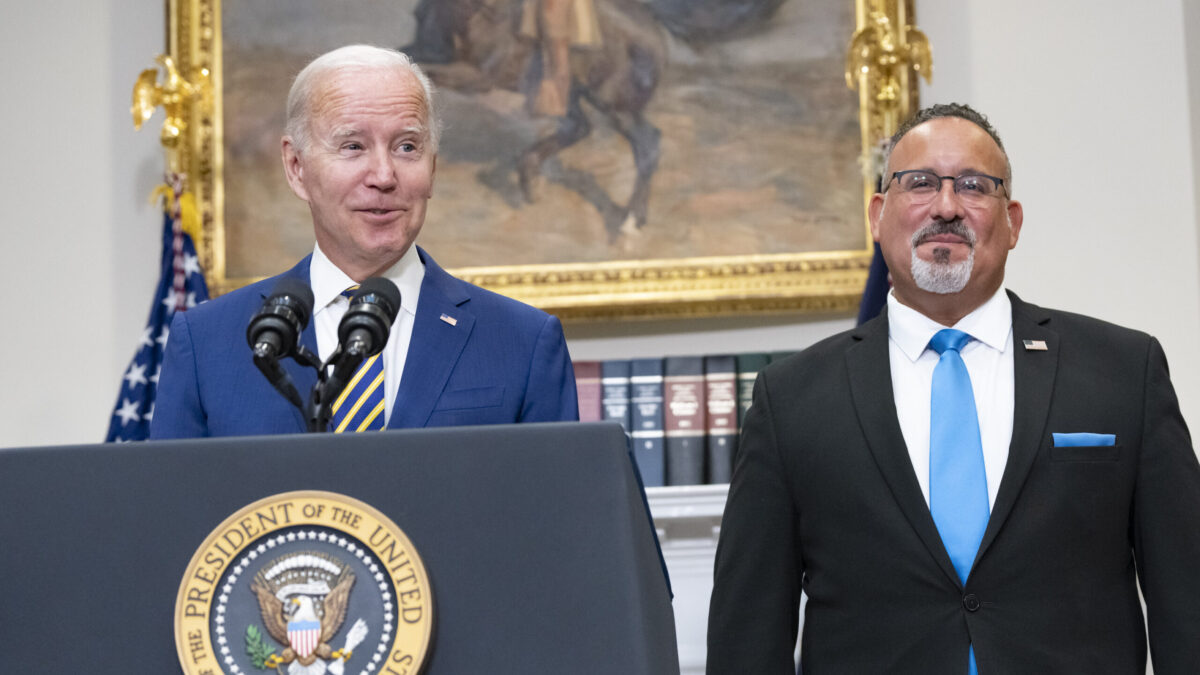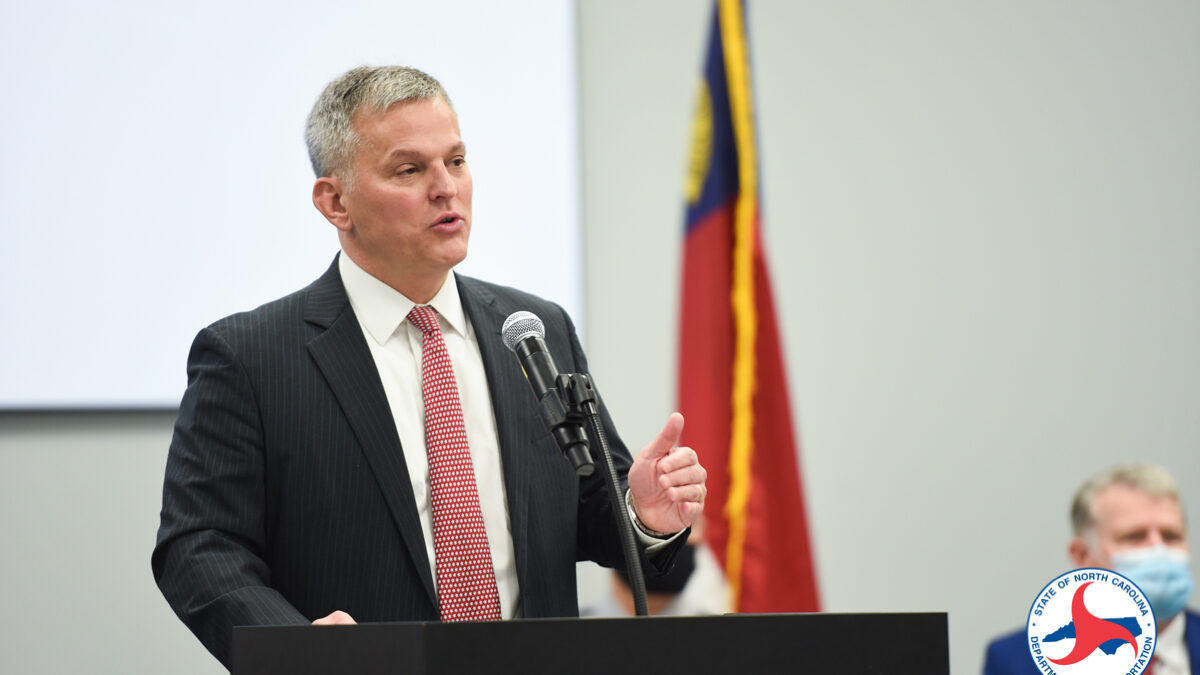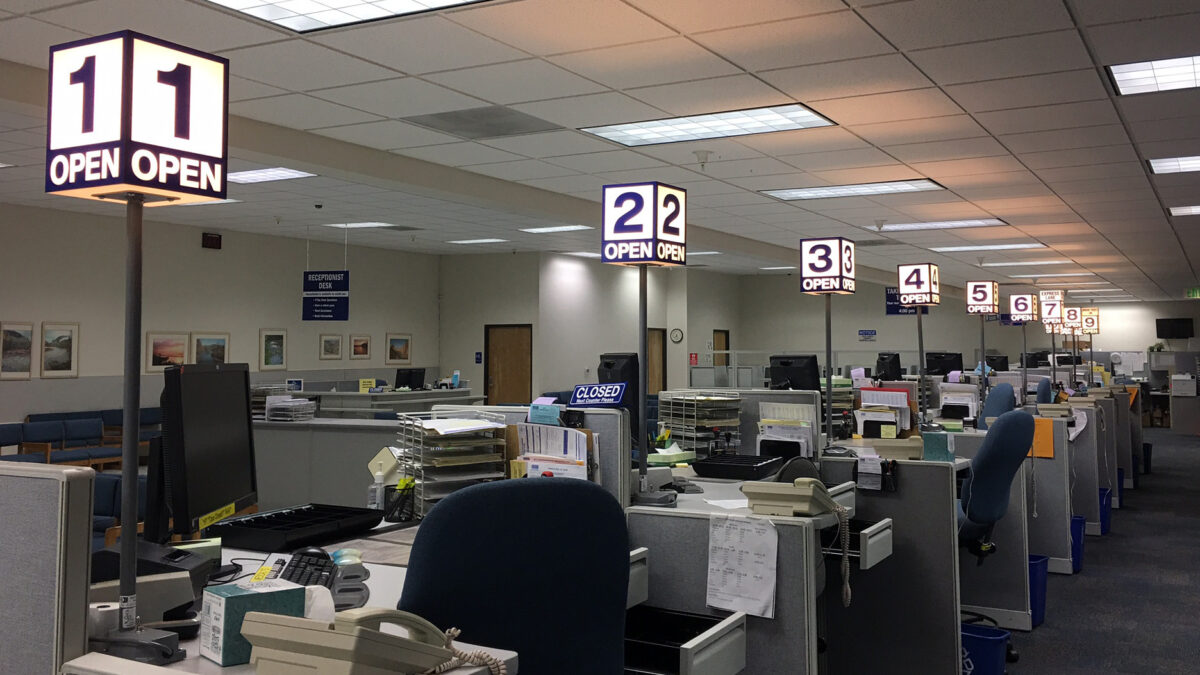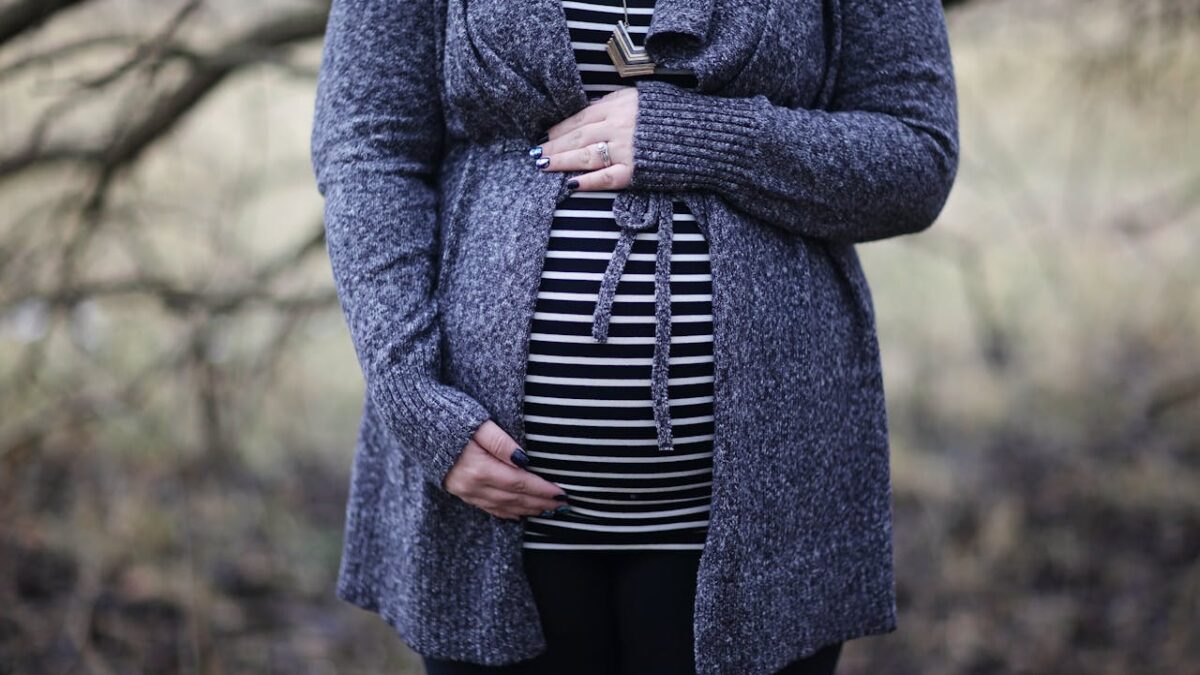In Arizona, an act of charity became a possibly criminal act when a state board took issue with a cosmetology student giving free haircuts to local homeless people.
Juan Carlos Montesdeoca is a Tucson cosmetology student who used to be homeless. He organized a Haircuts for the Homeless event along with other classmates in a local park in January, offering barber services and manicures for people who hadn’t had such treatment in years. But an anonymous complaint to state officials for practicing this rogue styling without a license led to an investigation by the State Board of Cosmetology.
Republican Gov. Doug Ducey sent a letter to the board Wednesday asking them to stop the investigation, calling Montesdeoca’s “an act of charity that we should be celebrating.”
“The fact that one of our own citizens is volunteering his time and talents in an effort to help those who need it, is exactly the kind of citizenship we should be encouraging and celebrating,” Ducey wrote. “But, instead, Mr. Montesdeoca finds the heavy hand of government working against him, trying to end his charitable and caring efforts.”
Montesdeoca has told local news outlets he’s worried about his future, as the Cosmetology Board investigating him is the same one that must approve his license to work in a salon in the future.
“They can suspend – even before I even try to get a license, they can say no. That would be very very unfortunate,” he told a Tucson station.
The state Board of Cosmetology in Arizona is one of many professional licensing boards in states across the nation that are set up to create and enforce standards and regulations for professions. But because the boards are populated by those who are already in the profession, and limiting competition serves them well, they often create onerous barriers to entry and aggressive regulations.
“On average, these licenses force aspiring workers to spend nine months in education or training, pass one exam and pay more than $200 in fees. One third of the licenses take more than a year to earn,” according to an Institute for Justice survey of state occupational licensing laws.
Such barriers are especially detrimental to small business owners just starting out, and have become problematic enough to unite Republicans and Democrats in attempts to lessen them. Ducey has made cutting back on occupational licensing requirements a centerpiece of his term, and the Obama administration greenlit grants to states that consolidate and simplify such regulations in 2016.
Cosmetology boards in Mississippi long prevented mostly female, African-American entrepreneurs from braiding hair for willing customers in their own communities without thousands of dollars spent on thousands of hours of training that had nothing to do with braiding. One woman, Melony Armstrong, spent years fighting the state to earn the right to braid hair without a license. Since she won her case, hundreds of people have jobs and businesses in Mississippi that would not have existed under the old system. This mini-doc tells her story, which is the story of many others across the country.
